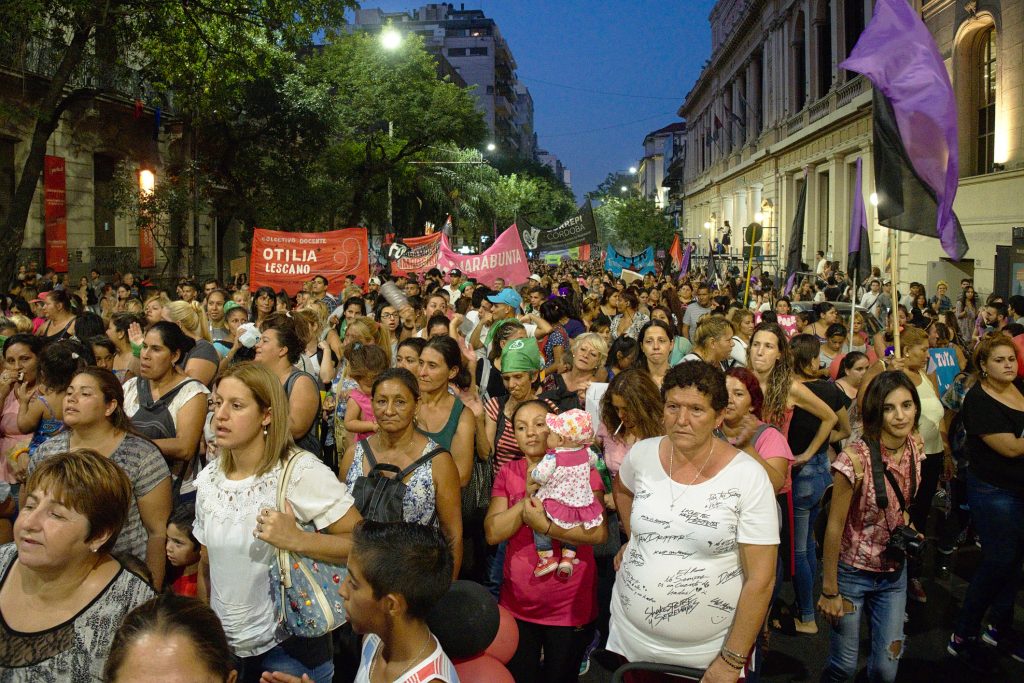By Audrey E. Kitagawa, JD, President/Founder of the International Academy for Multicultural Cooperation and member of the IF20 Gender Equality Working Group.
– – –
The dynamics of power in our relationships are reinforced and perpetuated by the cultural, historical and institutional contexts in which they arise, whether in the political, religious, family, employment or other arenas; in short, wherever people engage with each other. Power dynamics run through all relationships, and need to be understood as the fundamental component that can create, when used negatively, marginalization and oppression, an establishment of dominance over another as a statement of superiority, privilege, and elitism over the other. It can also create, when used positively, self-empowerment and wholesomeness that speaks to one’s own good self-esteem that can be inclusive, engaging and welcoming of others, ever seeking for the other to realize the fullness and beauty of his or her own potential. The holder of “primary” power is therefore making more of a statement and broadcasting for good or for ill about him or herself, rather than about the “other.”

The Power of Patriarchy to Exclude and Marginalize
There are obvious relationships in which power dynamics play out, and this can be readily seen in disparities in gender treatment. In patriarchal societies, institutions and cultures, men take the dominant role, and women have been excluded from representation in many important fora. For example, when I attended a national peace conference in an Asian country where the top religious leaders of a certain religious group were to meet amongst themselves to discuss possible solutions for a more peaceful world, I was the only woman there. Initially, my appearance as a foreigner was politely welcomed, and when asked what I would like to speak about, I replied that I wanted to ask, “Why am I the only woman at this conference? How can we talk about peace without bringing the equal representation of women into the conversation and hearing their voices?” I said I wanted to share about the important role which women play in society and that we must have them fully participate in peace conferences. I was subsequently told that there was no time for me to speak.
Months later, when I was at another gathering of a large religious community addressing the importance of the role of women in peace processes and was mentioning the national conference in which I was the only woman present, and how I did not have an opportunity to speak because I wanted to share about the importance of having women present at peace tables, a monk who was at that national conference immediately got up and started to berate me in front of the entire audience, primarily comprised of a religious community which he led. He accused me of behaving like a well-known female religious leader, whom he named and vociferously insulted. His behavior was meant to marginalize me and “put me in my place” as a woman, who should have no voice in the highly patriarchal religious world. Curiously, later on, he took me aside, and said he totally agreed with me that women were important and should be at peace tables, but that I should not openly advocate for women to have an equal place at the table with men. He clearly felt men’s dominant role should determine whether women get to participate or even be recognized. It seemed particularly important to him that he impart this message to me in front of the religious community which he led, which was comprised of more women than men. It was difficult to read the faces of the women in the audience as to how his behavior was impacting them, but as was customary in that culture, the women remained silent and no one spoke up to register any objection. Such silence was proper social etiquette, and a sign of respect for the male religious leader, who could not be challenged, and especially not by any woman.
The Castigation of Women as “Bad,” “Unclean,” and “Impure”
At a gathering of thousands of people at an annual religious festival, I had several opportunities to interact with many of the followers of the large religious group sponsoring the event. The adherents were all gracious, cordial and generous to the guests, especially with food and refreshments. Many of the women adherents shared with me that they had to work extra hard to earn “merit” so in their next lives, they could be born as men. They were taught, and they believed, that their past “bad karma” caused their birth in this lifetime as women. In order to be free of such a fate again in their future life, they had to pay off their negative karmic debt in this life by earning sufficient merit though good deeds to ensure their future re-birth as men. They were also taught that one of the most effective ways to earn merit was to give generously, especially financially, to the religious order. I was surprised to hear such teachings being given to women, creating a strong personal belief that their birth as women was, in and of itself, a manifestation of their inferiority to men, and a statement of their inherent “badness” arising out of past wrongful conduct.
As I traveled through certain countries, some of the most sacred religious sites were off-limits to women. Some places had ropes to mark off where women had to sit so many feet behind the ropes so as not to “taint” the sacred icon or relic with their close presence. Interestingly, even if the entire temple was dedicated to a goddess, women could not approach or tend to the goddess at all. Only the male priests could tend to the goddess. Women had to gaze at the goddess from afar. When I asked the male priest why only male priests could tend to the goddess, I was told it was because women are “unclean” and “impure.” Their “impurity” is connected to their menstrual cycles.
In certain countries, when women menstruate, they are banished from the house, and must live away from the family during menstruation. Even though such practices may be legally proscribed, powerful cultural practices override legal prohibitions, and enforcement is extremely difficult. In certain countries, women must remain out of the kitchen, and avoid tending to the shrines and worship areas in the family home. There are different proscriptive cultural and religious practices against menstruating women and girls in different countries, and it is the characterization of a natural bodily function that only happens to women and girls that label them “impure” and “unclean” that is particularly troubling.
The Victimization of Women by Male Predation and Privilege
In several countries, even though it is legally prohibited, young girls must endure female genital mutilation, often performed in unhygienic, nonsurgical settings. It is frequently believed that such cutting will prevent women from sexual desires and is a sign of their respectability and marriageability. Though it can bring about infections, sterility, and a host of other physical problems, this control that men exercised over the sexuality of women was, for many years, accepted as a necessary and important aspect of cultural and societal norms.
The newspapers are replete with stories of women being victims of “honor” killings for bringing “shame” to the family, even when they may have been the victims of rape. Many women have experienced the loss of job promotions or employment, or become outcasts in their communities, after being the victims of rape (many under forced conditions of war), and endured kidnapping, or bearing the children of rapists.
In another country, I listened to men tell me that their wives expected their husbands to beat them as a sign of their love. I listened to women in another country share how they were so afraid of contracting HIV from their husbands, but dared not to ask that their husbands use condoms because they would be accused of infidelity and risk divorce, loss of custody of their children, and being left without any property or assets because everything belonged to the men.
Mobilizing to Shift Power Dynamics
The “Me Too” movement demonstrated that civil society standing together can create changes that shift the power dynamics that can accelerate gender equalization. The movement helped to bring down powerful men in entertainment, fashion, finance and government who were once thought of as invincible. Men can no longer exercise with impunity behaviors that degrade, prey upon, and marginalize women (as well as other males). The winds of acceptance toward predation and domination have shifted. Looking the other way, suffering in silence, covering up criminal behavior, or finding predatory behavior socially acceptable or normative is being tolerated less and less. The goal is to make such behavior completely unacceptable.
– – –
Audrey E. Kitagawa, JD, is the President/Founder of the International Academy for Multicultural Cooperation, the President of the Light of Awareness International Spiritual Family, and the former Advisor to the Office of the Special Representative of the Secretary General for Children and Armed Conflict at the United Nations. She is also a UN Representative for United Religions Initiative and co-facilitator of its URI-UN Cooperation Circle.


